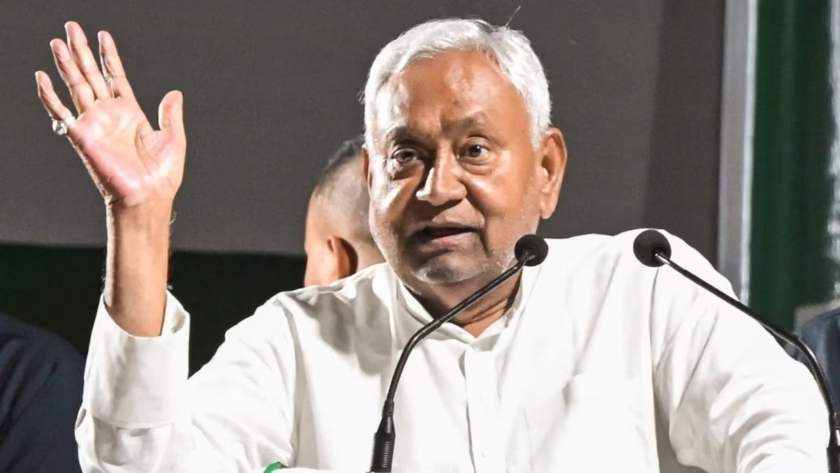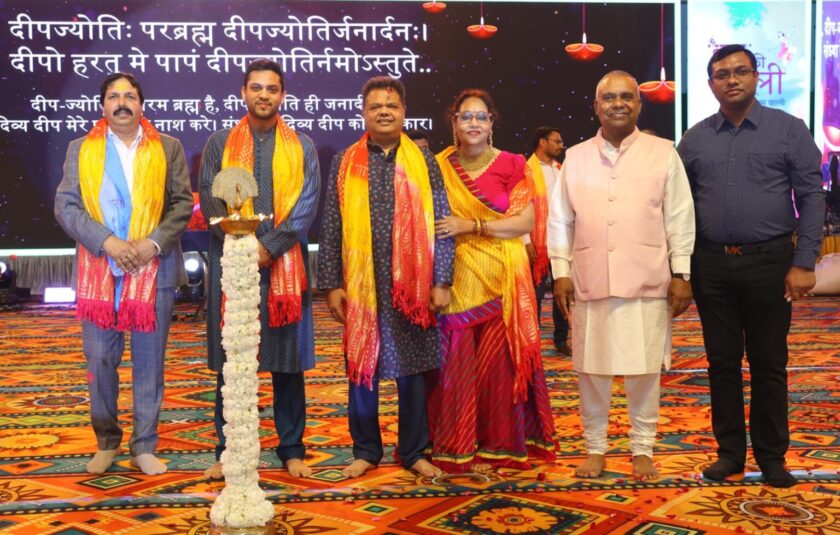Project aims to uncover genetic and molecular roots of neonatal heart defects
Lucknow- In a major boost to pediatric cardiac research, the Indian Council of Medical Research (ICMR) has awarded a grant of Rs 4.18 crore to Sanjay Gandhi Postgraduate Institute of Medical Sciences (SGPGI) for an ambitious study on isolated congenital heart defects (ICHD) in newborns.
According to experts, ICHD is the most common form of cardiac malformation in neonates. While modern diagnostic tools allow for early detection and possible medical intervention or even termination of pregnancy, the genetic and molecular basis of these conditions remains poorly understood.
This new research initiative seeks to bridge that gap by investigating the molecular and genetic underpinnings of ICHD. Findings from the study are expected to pave the way for better prevention strategies and advanced treatment options.
Multidisciplinary Effort
The project is being led by Dr. Chandra Prakash Chaturvedi, Additional Professor, Stem Cell Research Centre, Department of Hematology, SGPGI, along with a collaborative team of experts.
- Prof. Mandakini Pradhan and Dr. Neeta Singh from the Department of Maternal and Reproductive Health will act as co-investigators, overseeing clinical assessments, screenings, and collection of amniotic fluid samples from affected fetuses.
- Dr. Dinesh Kumar, Additional Professor at the Biomedical Research Centre, Lucknow, will focus on metabolic sciences to understand the biochemical changes associated with ICHD.
- Dr. Manali Jain, a cardiovascular research specialist who contributed to designing the project proposal, will serve as the lead scientist, working closely with research scholars to drive the study forward.
Advanced Genomic Approach
The study will employ state-of-the-art multi-omics methods including whole-genome sequencing, transcriptomics, proteomics, and metabolomics to trace the origins of ICHD. The aim is to identify genetic markers, protein indicators, and molecular pathways that could revolutionize early diagnosis and regenerative therapies.

Speaking about the project, Dr. Chaturvedi said, “This initiative is not just about science, but about giving families hope and saving young lives. By identifying the molecular patterns linked to congenital heart defects, we aim to transform newborn care and offer new possibilities for healthier pregnancies and improved neonatal outcomes.”
A Step Toward Saving Lives
Doctors emphasized that the ultimate goal is to develop predictive markers for early detection and novel treatments that can change the way congenital heart defects are managed. The study aspires to bring forth breakthroughs in regenerative medicine, offering a ray of hope to families dealing with these life-threatening conditions.
This landmark funding underscores India’s commitment to cutting-edge pediatric research and positions SGPGI as a key player in advancing global understanding of congenital heart disease.









